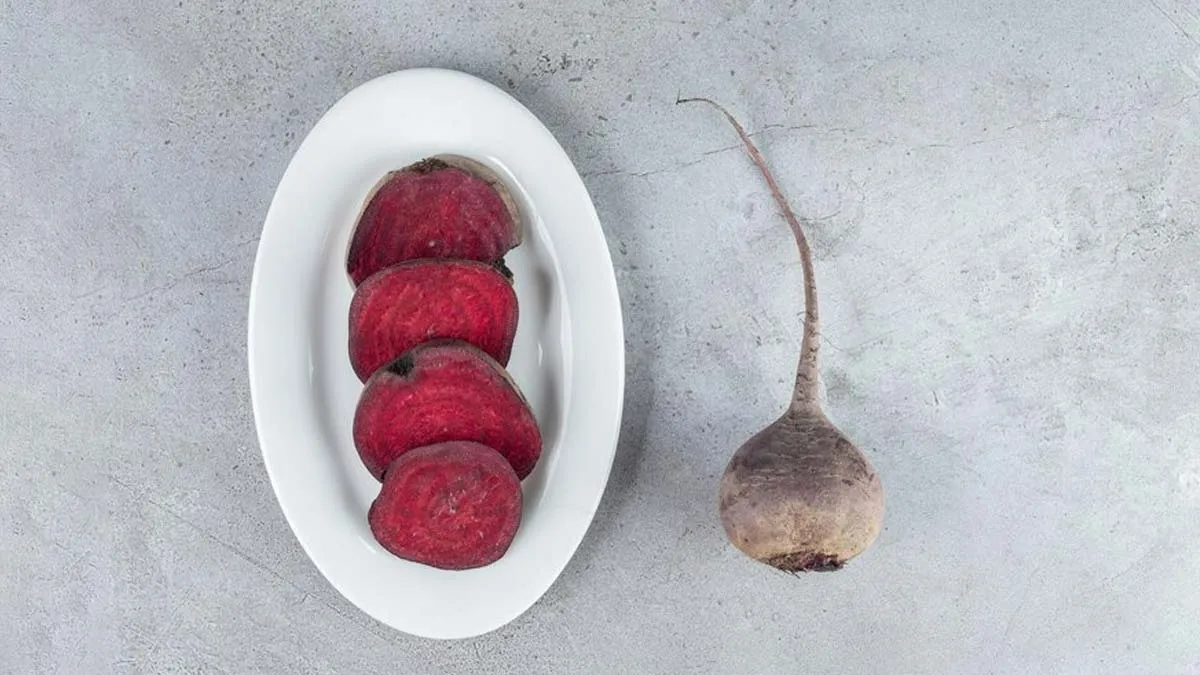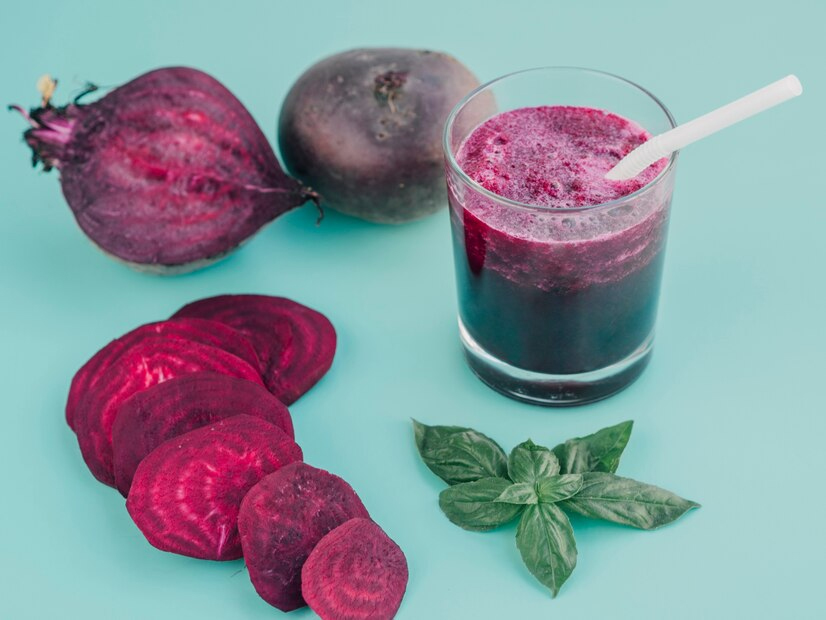
Many people have now come to understand that gut health is a vital indicator of overall well-being. Many healthcare brands are emphasising the importance of improving digestion to keep various illnesses at bay. But while maintaining digestive health is crucial, it is as important to know whether there is a problem to begin with. Your digestive system is a complex part of your body, divided into various organs. To know exactly how it is functioning is almost impossible; however, a simple test can help you get an idea. Introducing the beet test, a simple method to assess how quickly food passes through the digestive system.
Table of Content:-
What Is The Beet Test?

The beet test is an easy-to-conduct test that helps measure how long it takes for food to pass through your digestive system, also called digestive transit time. Depending on the time frame in which your stool or urine appears red in colour, you can understand how well your digestion is functioning.
"After eating beets, the pigment in the vegetable, called betacyanin, remains unchanged through digestion and can appear in your stool or urine. By observing when the red colour appears in your stool (typically within 24-48 hours), you can gauge how efficiently your digestive system is working. If the colour appears sooner, it may indicate fast digestion, while a delay or absence of colour suggests slower digestion. This test provides a basic insight into digestive health, though it is not a comprehensive diagnostic tool," Dr Akash Chaudhary, Consultant Gastroenterologist, CARE Hospitals, Banjara Hills, Hyderabad, explains to the OnlyMyHealth team.
He further shares, "Beets contain a red pigment that remains intact during digestion, causing urine or stool to turn red or pink. If you notice this colour in your urine, it’s known as "beeturia," which is harmless for most people. If red stool appears within 24-48 hours, it suggests normal digestion. A delay or absence of red colour could indicate slower digestion or potential digestive issues. Conversely, if the colour appears quickly, it may suggest faster digestion."
Understanding Beeturia And What It Means For Your Digestion

Beeturia is a condition that causes urine to turn pink or red after eating beets or foods that contain beetroot. It isn't a serious condition and will stop showing once you avoid eating foods containing beetroot.
According to Dr Chaudhary, beeturia happens in about 10-14% of people. It may indicate low stomach acid, which prevents the pigment from breaking down during digestion, or issues with iron metabolism. While usually harmless, persistent beeturia may warrant medical attention.
What It Means When Your Stool Turns Red
“This is a normal outcome of the test and reflects how quickly food passes through your intestines,” says Dr Chaudhary, adding that if the colour appears within 12-24 hours, it generally indicates normal digestion. A delay of more than 24-36 hours might suggest slow digestion or constipation, while colour appearing in less than 12 hours could indicate fast transit time, which might affect nutrient absorption.
Risks And Precautions To Consider Before Taking A Beet Test
The BCG test is generally safe for most people. However, there are a few considerations to keep in mind.
Dr Chaudhary warns, “If you have a history of kidney stones, it’s best to consult a gastroenterologist before performing the test, as beets are high in oxalates, which can contribute to stone formation. Additionally, bright red stool could be mistaken for gastrointestinal bleeding, so it’s important to ensure that the colour change is due to the beets and not a more serious underlying condition. Lastly, if you are allergic to beets, you should avoid the test to prevent any adverse reactions.”
Also Read: Menopause And Heart Health: How Beetroot Juice Can Make A Difference
How To Improve Digestion If Beet Test Results Reveal Issues

If the beet test indicates digestive issues, such as slow digestion, it’s important to increase dietary fibre, stay hydrated, and engage in regular exercise to promote healthy bowel movements.
For fast digestion, Dr Chaudhary recommends focusing on consuming nutrient-dense, easily digestible foods and considering adding probiotics to support gut health. Additionally, ensuring adequate stomach acid levels can help improve digestion, so incorporating apple cider vinegar or digestive bitters before meals may also be beneficial. These adjustments can help restore balance to the digestive system and enhance overall digestive health, the doctor concludes.
[Disclaimer: This article contains information provided by an expert and is for informational purposes only. Hence, we advise you to consult your own professional if you are dealing with any health issues to avoid complications.]
Also watch this video
How we keep this article up to date:
We work with experts and keep a close eye on the latest in health and wellness. Whenever there is a new research or helpful information, we update our articles with accurate and useful advice.
Current Version